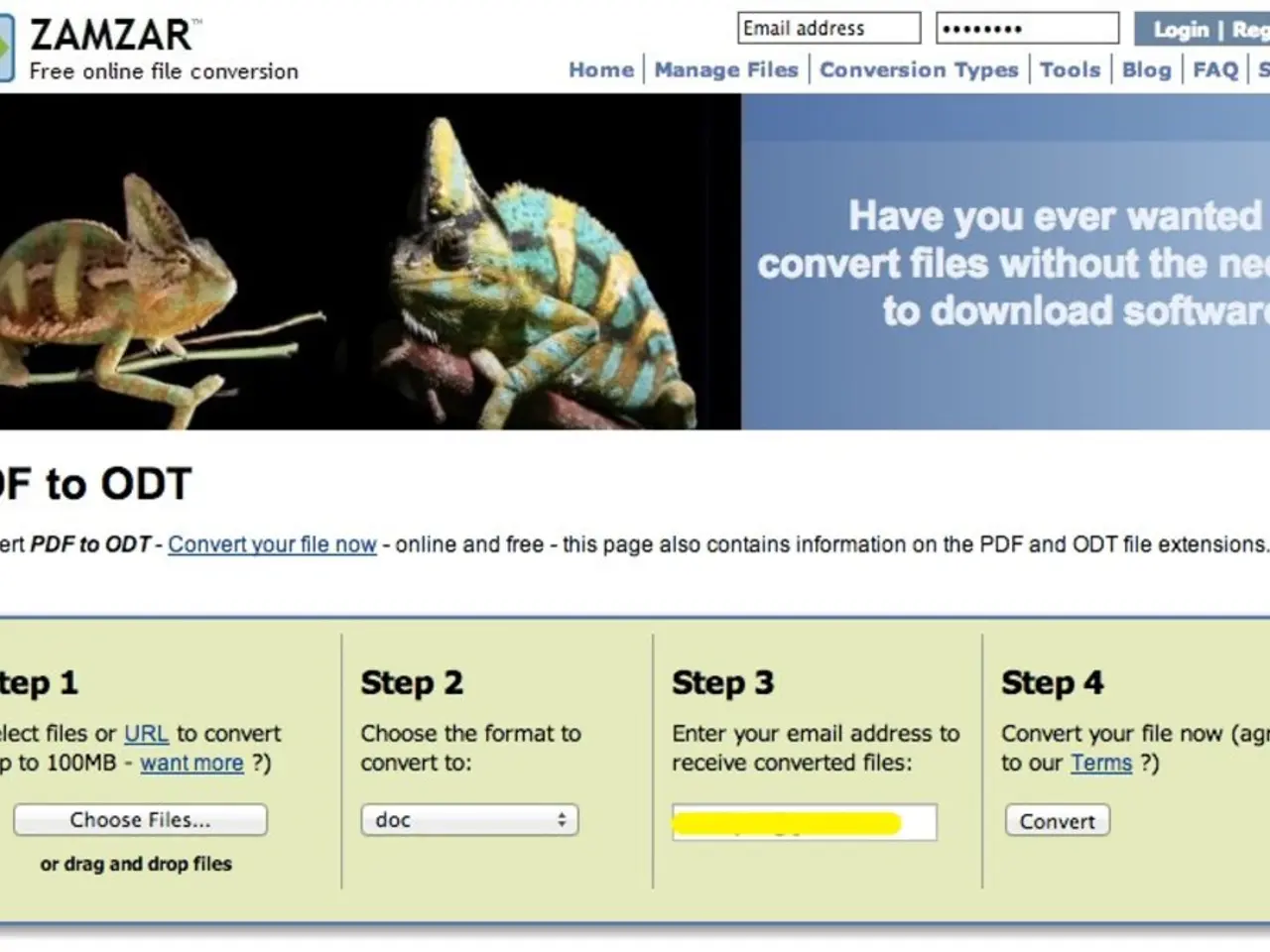Organ transplantation: Should it be a consent-based or presumed consent system?
Organ donation policies around the globe vary considerably, making one wonder which approach, opt-in or opt-out, is more effective. A group of researchers from the UK set out to answer this question by examining the organ donation policies of 48 nations.
An opt-in system requires people to actively sign up for organ donation upon death. An opt-out system, on the other hand, assumes consent for organ donation unless a specific request is made wishing otherwise.
Prof. Eamonn Ferguson, the lead researcher from the University of Nottingham, acknowledges that the reliance on individual decisions in both systems can lead to drawbacks:
"People may not act for numerous reasons, including loss aversion, laziness, and assuming that the policy makers have made the 'right' decision."
Inaction in an opt-in system could lead to individuals who wish to be donors not donating (a false negative). Conversely, inaction in an opt-out system may potentially result in an individual who does not wish to donate becoming a donor (a false positive).
The US, for instance, uses an opt-in system, with around 28,000 transplants taking place last year thanks to organ donors. Regrettably, approximately 18 people die daily due to a lack of donated organs.
Researchers from the University of Nottingham, University of Stirling, and Northumbria University examined the organ donation systems of 48 countries over a 13-year period. They found that countries using opt-out systems of organ donation had higher total numbers of kidneys donated - the organ most in demand by those on the organ transplant list. Opt-out systems also yielded a greater overall number of organ transplants.
Opt-in systems, however, had a higher rate of kidney donations from living donors. This apparent influence of policy on living donation rates is a subtlety not previously reported, according to Prof. Ferguson.
The researchers acknowledge that their study had limitations, such as not distinguishing between varying degrees of opt-out legislation across countries and not accounting for other factors influencing organ donation.
The researchers suggest that their findings, published in BMC Medicine, indicate that opt-out consent may increase deceased donation but reduce living donation rates. Opt-out consent also leads to an increase in the total number of livers and kidneys transplanted.
Although the results could aid in future policy decisions, they could be strengthened further through the collection and publication of international organ donation information, such as donor consent type, procurement procedures, and hospital bed availability.
Prof. Ferguson suggests that future studies should also focus on understanding the perspectives and beliefs of those making the opt-in or opt-out decision, using a mix of surveys and experimental methods.
Countries using the opt-out consent system, like Spain with the highest organ donation rate worldwide, still face organ donor shortages. Changing the entire system is unlikely to solve such a problem, but changing aspects of the "Spanish Model," such as a transplant coordination network and improving public information about organ donation, could boost donor rates.
The increasing consideration of using animal organs for human transplants raises questions about potential solutions for addressing the organ shortage. Could this be a viable solution or should the issue be addressed by revisiting organ donation policy?
- The study conducted by researchers from the University of Nottingham, University of Stirling, and Northumbria University discovered that opt-out systems of organ donation led to higher total numbers of kidneys donated and a greater overall number of organ transplants.
- Prof. Ferguson explains that opt-out systems might increase deceased donation but could potentially reduce living donation rates.
- Researchers also found that opt-in systems had a higher rate of kidney donations from living donors, a subtlety not previously reported.
- In the context of medical-conditions and health-and-wellness, the researchers suggest that further studies should focus on understanding the perspectives and beliefs of individuals making the opt-in or opt-out decision.
- Despite its opt-out system, Spain, which has the highest organ donation rate worldwide, still faces organ donor shortages, prompting questions about potential solutions such as using animal organs for human transplants.
- To strengthen their findings on the effectiveness of opt-in and opt-out organ donation policies, the researchers emphasize the importance of collecting and publishing international organ donation information, including donor consent type, procurement procedures, and hospital bed availability.








